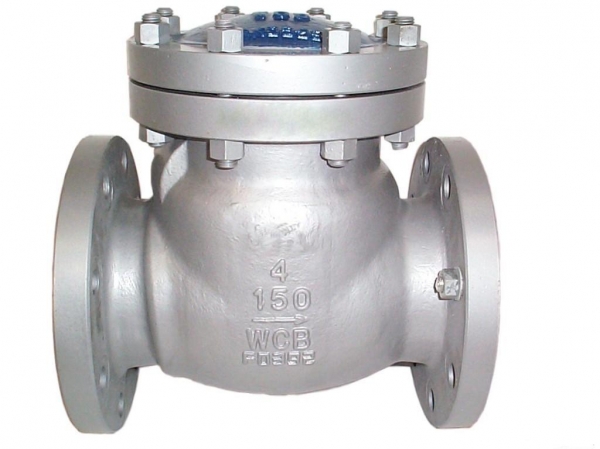35 views
How to Select the Right Drill Collar Oil and Gas
As a technical expert in petroleum equipment, I understand the critical importance of selecting the appropriate drill collar for any given drilling operation. The drill collar, being a vital component of the drilling string, must be chosen carefully to ensure efficient and safe drilling.
The first consideration in selecting a drill collar is the compatibility with the drill bit size and the lifting capacity of the drilling rig. Different drill bits require different sizes of collars, and the rig's lifting capacity determines the maximum weight that can be handled safely. It is essential to refer to manufacturer's specifications and industry standards to ensure compatibility.
Geological conditions and well structure also play a significant role in the selection process. The type of formation being drilled, the presence of any abnormal pressures, and the well's depth and diameter all influence the choice of collars. For instance, harder rock formations may require stronger and heavier collars, while softer formations may permit the use of lighter and more flexible ones.
Moreover, the availability of drilling equipment and supplies in the local market is another crucial factor. It is advisable to select collars that are commonly available and easy to replace in case of damage or wear. This ensures operational continuity and minimizes downtime.
Additionally, the drill collar's material and coating are also important considerations. Materials like steel and titanium offer different levels of strength and corrosion resistance, while coatings can enhance durability and reduce friction.
Finally, safety considerations are paramount. The selected collars must comply with all relevant safety regulations and standards, and they should be able to withstand the rigors of the drilling process.
In conclusion, selecting the right drill collar is a multifaceted task that requires a thorough understanding of drilling operations, geological conditions, and available equipment. By considering all these factors, one can ensure the efficient and safe execution of drilling operations.

